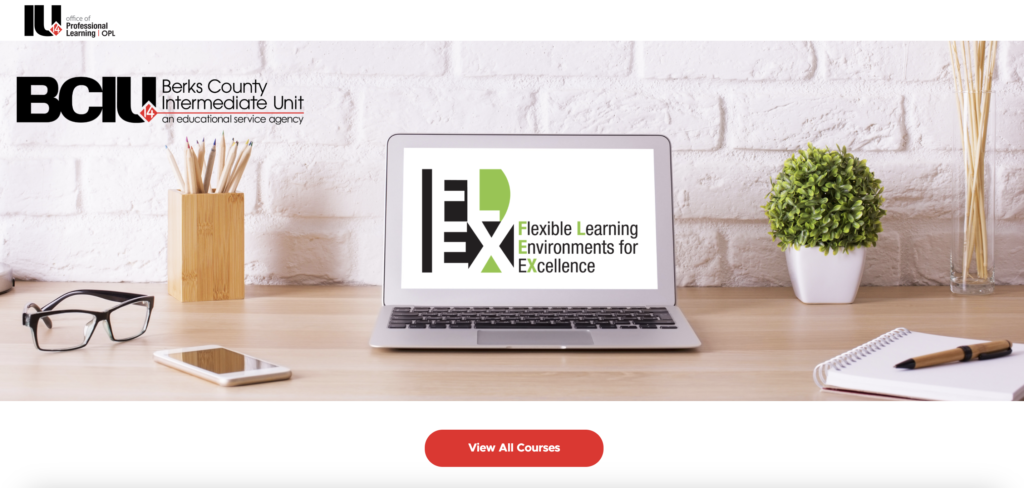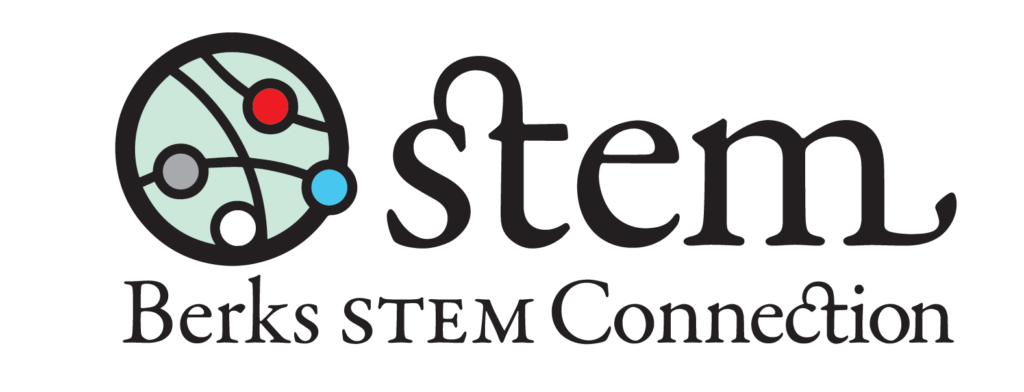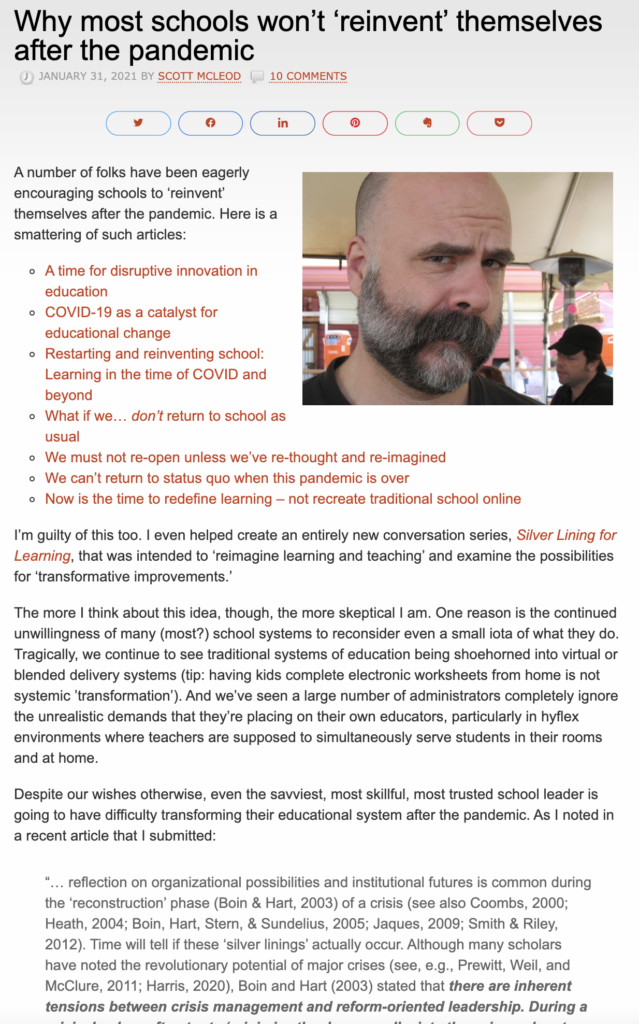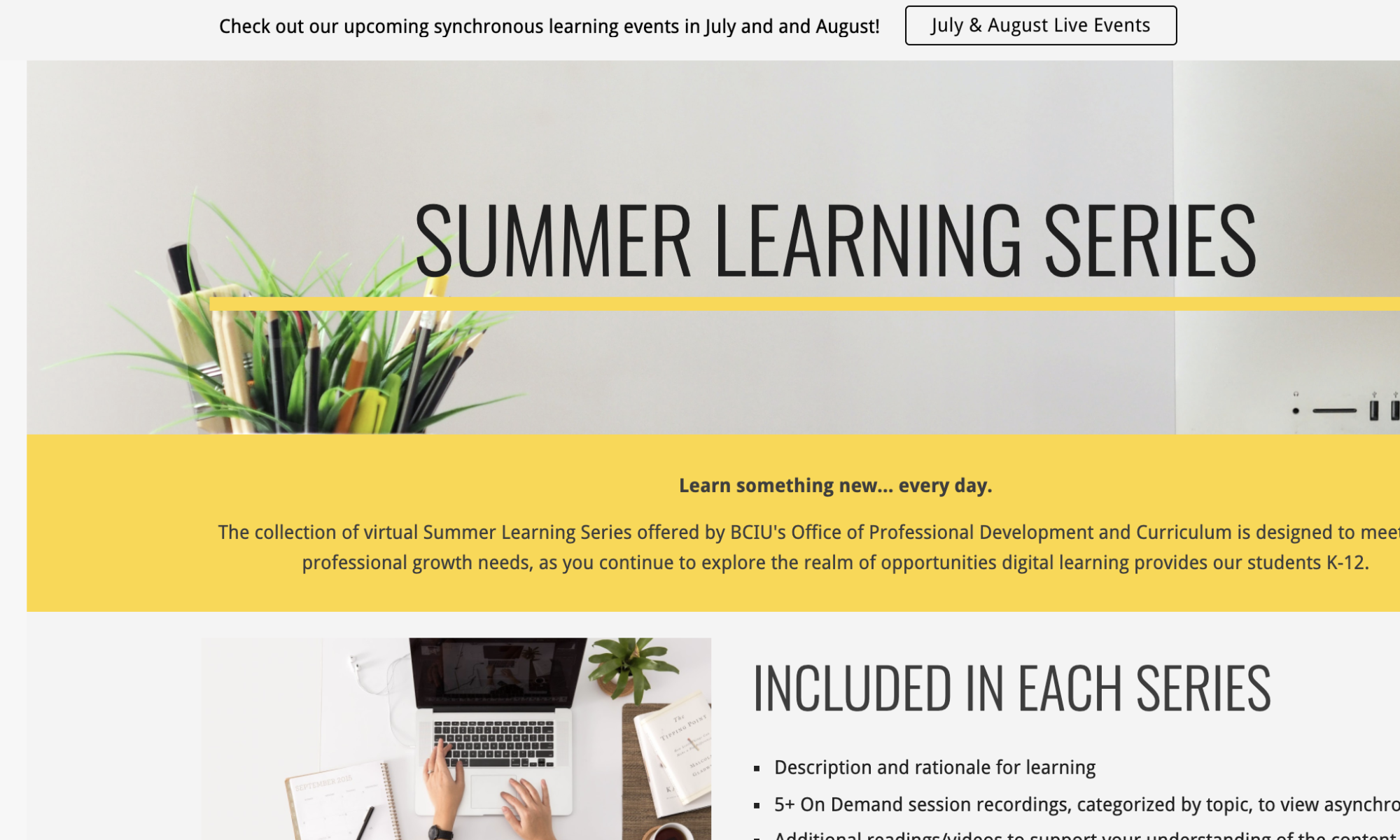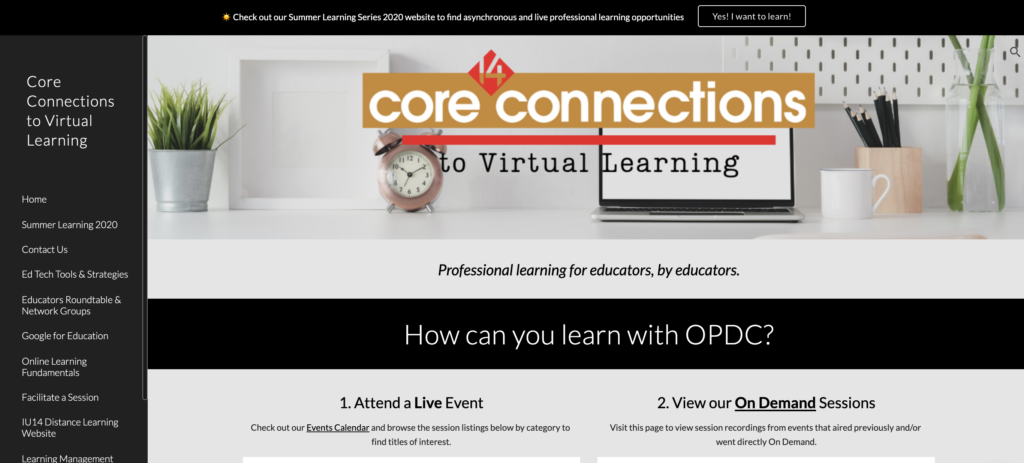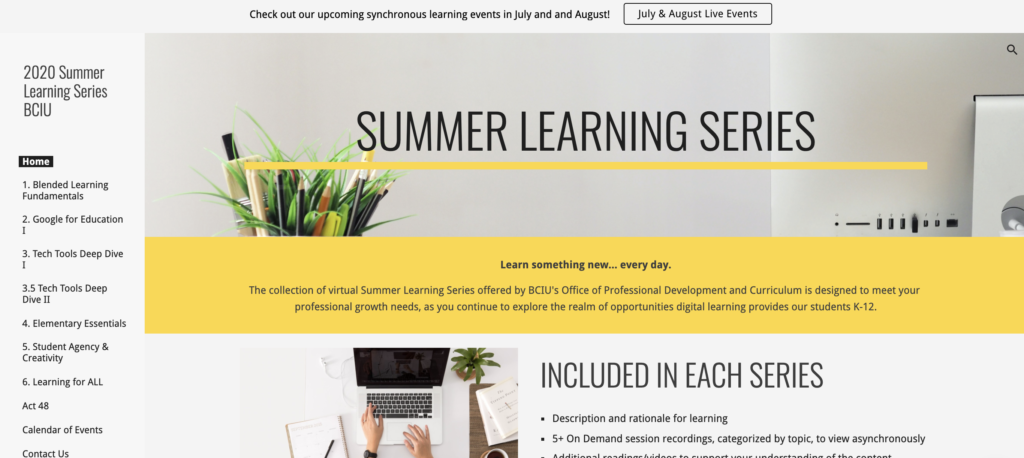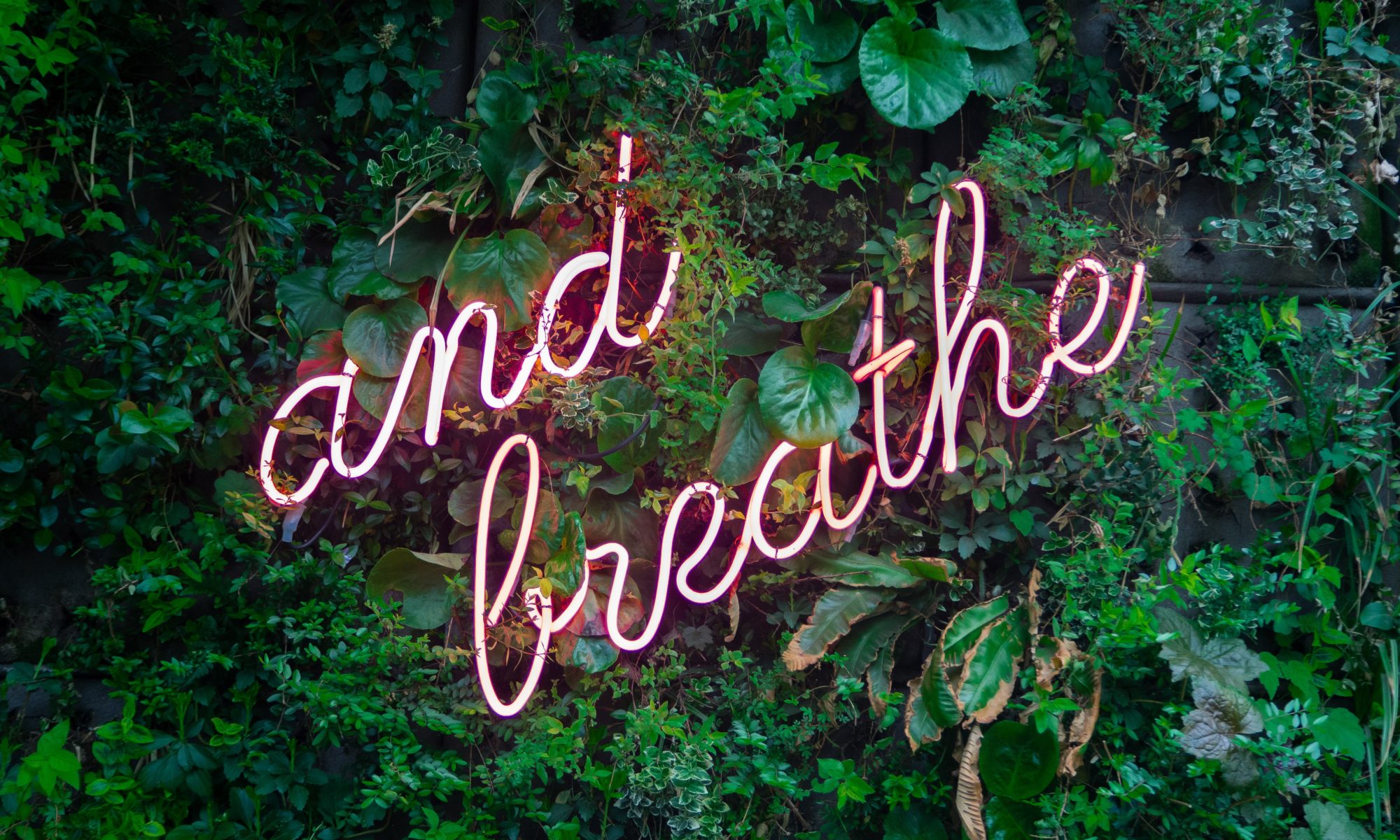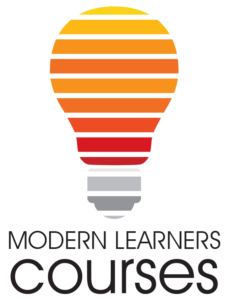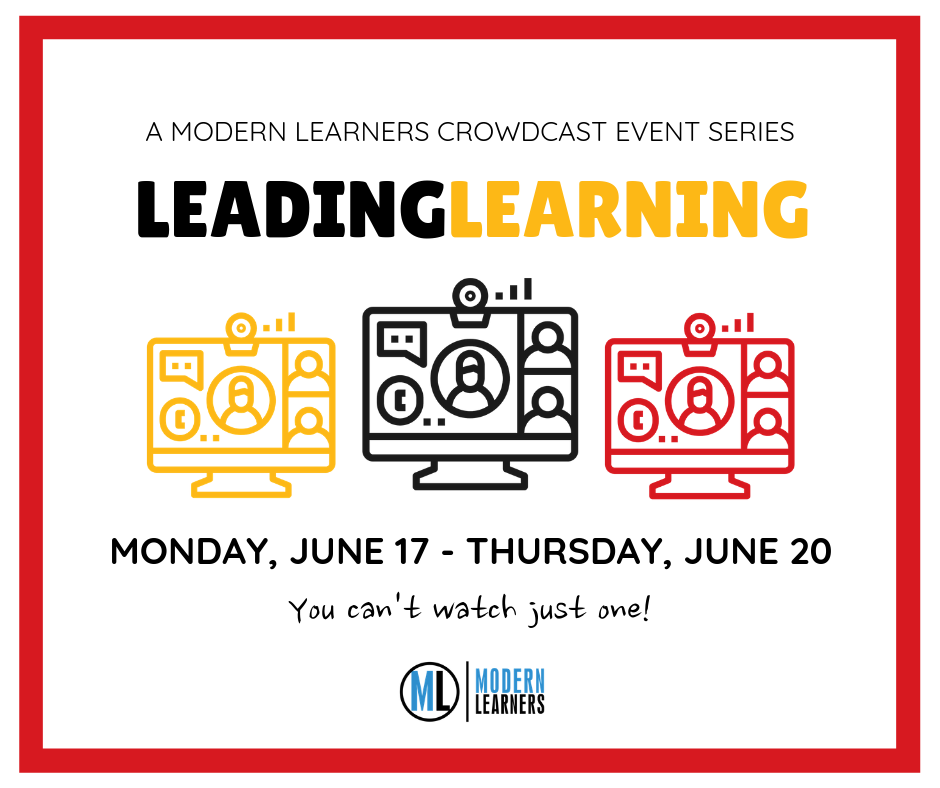This post was originally written for the Modern Learners Shifting Conversations column on our blog! Thanks for reading! (And listening). 🔈
Belonging is the innate human desire to be part of something larger than us. Because this yearning is so primal, we often try to acquire it by fitting in and by seeking approval, which are not only hollow substitutes for belonging, but often barriers to it. Because true belonging only happens when we present our authentic, imperfect selves to the world, our sense of belonging can never be greater than our level of self-acceptance. -Brené Brown, The Gifts of Imperfection
What’s more obvious to you: Knowing you belong? Or the keen (often painful) awareness that you don’t?
I can clearly recall times in my life when “belonging” escaped me. When my family moved mid-4th-grade year and I sat in a new classroom, surrounded by unfamiliar faces. My hair had been recently cropped short. I wore glasses for the first time. No one talked to me. It seemed everyone was petrified of the new girl who cried every day. In middle school, I didn’t wear the trendiest clothing brands, had early 90s permed hair and still wore glasses, in the weirdest of colors and frame shapes. My sense was that I didn’t belong to the group of peers who seemed to hold the social power. At times I didn’t belong to my family when for much of my youth I couldn’t (or wouldn’t) embrace the farming/rural culture I was expected to live in and contribute to. Because I wasn’t born there. I resented the move to the country. That place made me feel angry and confused and alone.
That’s just adolescence, you may think. Everyone’s awkward. No one feels like they belong.
I guess therein lies the problem.
From the outside looking in, judgment passed on the value or impact of a person’s experience is wildly problematic. No single person or group of people can possibly define how, when, and why another belongs.
Belonging emerges from within.
Have I experienced true belonging in my life? Perhaps. On my collegiate field hockey team. In a classroom learning alongside my students. In an online message board sharing art and exchanging life stories with other paper crafters. In motherhood.
In a Twitter chat, circa 2009. In a social network where the sharing of ideas and a commitment to dialogue was paramount. That when you think about it, you’re moved to tears because that feeling of belonging was so great and it’s kind of disheartening knowing it’s gone:

But are these examples of true belonging? Of times when I was able to present my authentic, imperfect self to the world, my sense of belonging no greater than my level of self-acceptance? I’m really not sure.
So, what does belonging have to do with Modern Learners? Why are we sharing this in Shifting Conversations?
Because we have some difficult work to do, and we need your help. We want your help.
18 months ago, the Modern Learners team gifted me the opportunity to start building a learning community from the ground up. We’ve made a commitment to this space, through its ups and downs, its gradual growth in membership, conversations and celebrations, and its challenges.
I’ve said this before, and I’ll say it again: community is hard. For those of you dabbling in social spaces, connecting with educators in the Twitters and Facebook groups and the like – those networks can hold a lot of power. They can exert influence, for better or worse. But has true community emerged? And if so, how? Is there a sense of belonging among members? True belonging?
This is the work we aim to accomplish in the coming months in Modern Learners Community. Our April theme is Belonging. How do we develop belonging in our learning organizations? What does modern learning for all mean? How do we create conditions that result in a safe space where vulnerability in learning is encouraged and supported?
From day one, we had a vision for this space. We wrote community norms. We detailed expectations for interactions, posts, and member behavior. But we can go deeper.
This week I listened to Build a more human internet with Caterina Fake and Reid Hoffman on Masters of Scale. Some of my takeaways:
We are creating civilizations. We are the framer, the establishers of laws, and norms, and we have to set the culture from day one. What you tolerate is what you are. You want to be part of a community that shares your values. All platforms are value-laden. So how do you create a set of values that have shared objectivity?
Culture sticks.
Who do you want to be? Who do we want to be? These are some of the questions we’ll be asking this month and beyond. We’re going to collaborate on a community project where we construct a set of community values with input from all stakeholders. We’re going to dig deep into notable works about belonging and apply these ideas to the development of our value statements. We’re going to ask questions. A lot of questions. And all of this work can be applied to your own work with students in your classrooms and schools.
- What does belonging look like in my classroom or school community?
- How do we describe learner interactions (both verbal and non-verbal)? Who contributes? Who doesn’t? Why?
- Who do your community members see? In their classrooms, on walls and in print, in positions of authority?
- How is identity and diversity honored in your schools?
- How are our systems, policies, or hierarchies dehumanizing learners, and how can we restore humanity for all?

We are proud of MLC as it exists today. And we know it can be even more powerful, more inclusive, more accepting. MLC is a place where everyone is valued. We “share similar emotional commitments,” as member Rich TenEyck has remarked.
I’m looking forward to this work, where we move from a network where learners can explore topics and content that matters to them and their schools to a community where true belonging can occur. This is going to involve breaking down barriers, challenging assumptions, and being brave:
The special courage it takes to experience true belonging is not just about braving the wilderness, it’s about becoming the wilderness. It’s about breaking down the walls, abandoning our ideological bunkers, and living from our wild heart rather than our weary hurt.
True belonging is not passive. It’s not the belonging that comes with just joining a group. It’s not fitting in or pretending or selling out because it’s safer. It’s a practice that requires us to be vulnerable, get uncomfortable, and learn how to be present with people without sacrificing who we are. We want true belonging, but it takes tremendous courage to knowingly walk into hard moments.
True belonging is the spiritual practice of believing in and belonging to yourself so deeply that you can share your most authentic self with the world and find sacredness in both being a part of something and standing alone in the wilderness. True belonging doesn’t require you to change who you are; it requires you to be who you are. -Brené Brown, Braving the Wilderness
Hey, here’s the thing.
Maybe, just maybe, you don’t fit the mold. You’re not what they expected. You think differently, you feel differently, and you are a teacher “doing remarkable things because your conscience says your practice should be aligned with your beliefs. Whatever the consequences.”
Maybe you lead with subversion. You have ideas to better serve all kids, particularly those who have been marginalized, dehumanized, and who are punished by the system.
Maybe you’re tired, on a number of levels. It’s unclear where, exactly, you’re going to end up, given your consistent commitment against the status quo. But you do know that remarks encouraging you to be some kind of educational hero or savior or reading post after post with eduplatitudes angers you more than inspires you. You feel alone in this work. You trust sparingly.
But know that you bring experiences, wisdom, and insight to modern learning that are uniquely yours. We couldn’t begin to imagine the worth you hold in this world. Maybe one day we’ll be privileged enough to learn about it.
As you reflect and move forward in leading this week, think about the words of Margaret Wheatley, and what this world needs. And tell us in the comments about the work you’re doing and resources you reference when you build learning communities where every person can belong.
What This World Needs
This world does not need more entrepreneurs.
This world does not need more technology breakthroughs.
This world needs leaders.
We need leaders who put service over self, who can be
steadfast through crises and failures, who want to stay
present and make a difference to the people, situations, and
causes they care about.
We need leaders who are committed to serving people, who
recognize what is being lost in the haste to dominate, ignore,
and abuse the human spirit.
We need leaders because leadership has been debased
as those who take things to scale or are first to market or
dominate the competition or develop killer apps. Or hold onto
power by constantly tightening their stranglehold of fear until
people are left lifeless and cowering.
We need leaders now because we have failed to implement
what was known to work, what would have prevented or
mitigated the rise of hatred, violence, poverty, and ecological
destruction. We have not failed from a lack of ideas and
technologies. We have failed from a lack of will. The solutions
we needed were already here.
Let us use whatever power and influence we have, working
with whatever resources are already available, mobilizing the
people who are with us to work for what they care about.
–Who Do We Choose to Be? by Margaret Wheatley
Who do we choose to be?
That’s what we hope to define this month and beyond in Modern Learners Community. And we invite you to join us. We’re going to do this work, because we have to. We’re not going to wait until the conditions are perfect, or we have the most articulate plan. With or without you, the work will be done.
But we’d much prefer to do this work together.
After all, this just might be the place where you belong.

